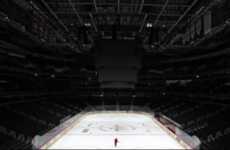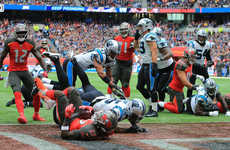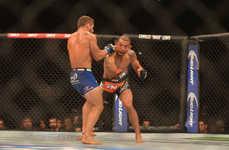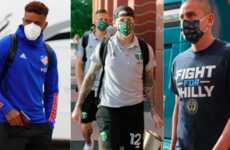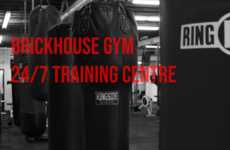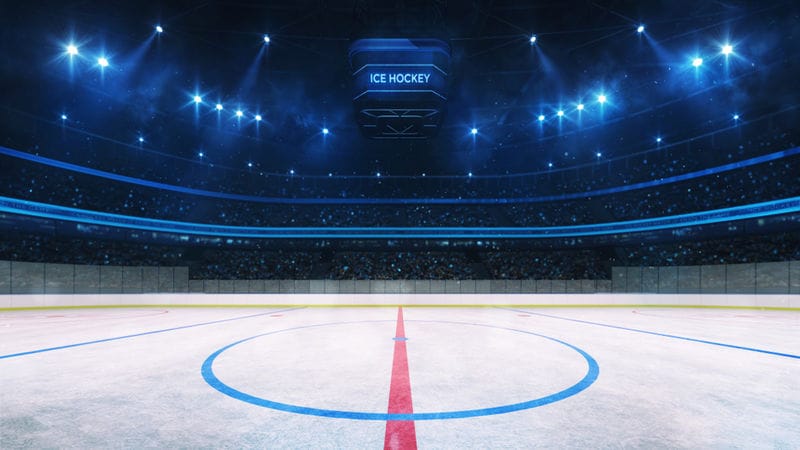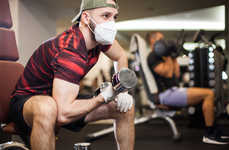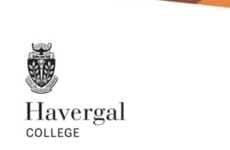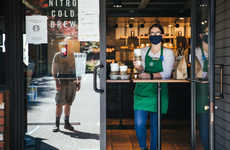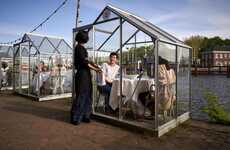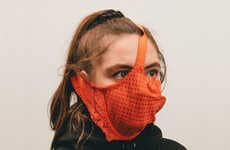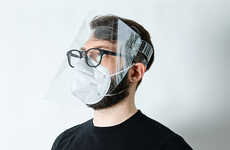
The NHL is Introducing Strict Measures for Reopening Facilities
The National Hockey League is planning on reopening facilities during the COVID-19 pandemic and it has shared a 22-page "return-to-play" protocol, outlining the safety measures it is introducing in order to curb the possibility of any outbreaks.
All individuals who enter and exit the facility will be required to wear face coverings ("cloth or surgical-type mask") at all times, except when exercising and on the ice. On-ice sessions will be non-contact and conducted with no more than six players at a time. "Individualized training activities," on the other hand, will be conducted on a voluntary basis.
All players and personnel will be tested 48 hours prior to entering the facilities. Individuals who are traveling by flight or rail will be expected to self-quarantine before engaging in training or other club activities.
Image Credit: Shutterstock
All individuals who enter and exit the facility will be required to wear face coverings ("cloth or surgical-type mask") at all times, except when exercising and on the ice. On-ice sessions will be non-contact and conducted with no more than six players at a time. "Individualized training activities," on the other hand, will be conducted on a voluntary basis.
All players and personnel will be tested 48 hours prior to entering the facilities. Individuals who are traveling by flight or rail will be expected to self-quarantine before engaging in training or other club activities.
Image Credit: Shutterstock
Trend Themes
1. Strict-return-to-play-protocols - The adoption of strict return-to-play protocols in sports facilities can create opportunities for innovative solutions in personal protective equipment and sanitation technologies.
2. Face-covering-mandate - The widespread requirement of face coverings in various industries opens up potential for the development of new and improved mask designs and materials.
3. Individualized-training-activities - The shift towards individualized training activities presents opportunities for the creation of customized training programs and technologies that can be done remotely.
Industry Implications
1. Sports-facilities - Sports facility management companies can explore opportunities in providing innovative solutions for implementing and enforcing return-to-play protocols.
2. Personal-protective-equipment - The personal protective equipment industry can capitalize on the demand for new and improved face coverings due to the strict mandates in various sectors.
3. Remote-training-technologies - Companies specializing in remote training technologies can thrive by creating platforms and tools for individualized training activities.
1.6
Score
Popularity
Activity
Freshness

